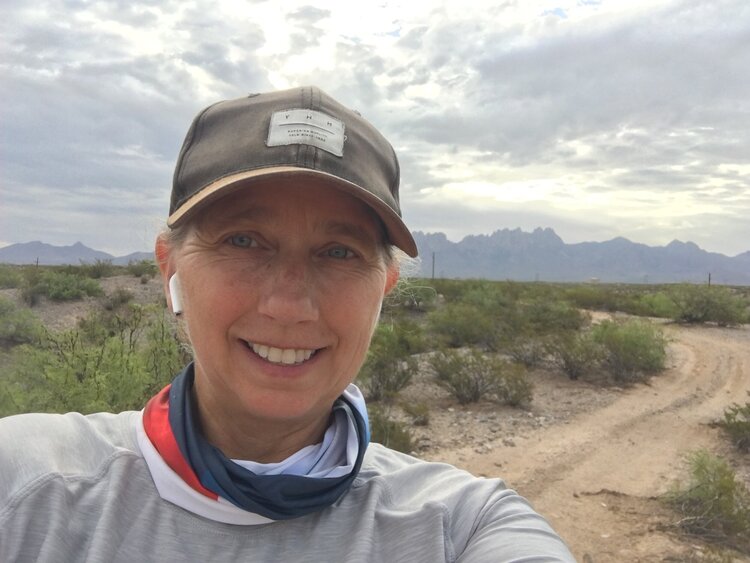Last spring, after a year of incubation, an idea was hatched: Specifically set aside days for IB students to have focused time on IB related mindset, skills, and activities. Our IB and CAS coordinators have persevered in making the idea a reality that came to fruition a week ago during our scheduled secondary school trip week.
Grade 6-10 students gathered with suitcases, daypacks, snacks, and much eagerness and departed on their anticipated trips to different locations in western Europe. The building quickly emptied out leaving the hallways of the secondary school empty and quiet. However, staggering in for normal school hours were the Year 11 and Year 12 students. Though they arrived for “school”, normal activities weren’t exactly what faced them.
Sounds of hammering, the aroma of soil, the discussions of learner profiles, coaching on life after high school, chopping knives, and Internal Assessment workshops emanated from the classrooms. Furthermore there were seniors working independently on extended essays and internal assessments, consulting with teachers, and participating in CAS activities. There was vibrancy, productivity, and energy.
The internal assessment (IA) workshops centered on math, history and science, giving students a cohesive, focused overview of the IA process, expectations, and criteria. The post-high school work shop helped students to think about where they should be in the university application process and the considerations they should be pondering about what they want to do after graduation.
My duties included mentoring students participating in CAS activities that supported the Going Green Initiative at the school. Specifically, students built mug racks, made a green wall pallet, and volunteered at an organic farm.
Students lined themselves up according to self-designated responsibilities. Their heads bent with intensity and focused on their individual task. They measured, cut, hammered, stapled, drilled and screwed. Gradually the windowsill filled with beautiful mug racks for the staff room. Their project will aid in reducing plastic waste in the teacher lounge.
Another group has prepared a recycled pallet (retrieved from the rubbish bin) with landscaping material to transform it into a green wall. Giggling erupts as they press their hands into the dark aromatic soil and disperse it throughout the pallet. They plan their planting and carefully set the selected flowers. Slowly they raise their garden and are pleased that it holds and clearly adds beauty to the roof.
Our Going Green members were bussed to an organic farm to harvest carrots, weed tomatoes, clean hydroponic gear, sort chickens, and plant young lettuce seedlings. Physical labor yielded exhausted but satisfied participants. As one student remarked, “It feels really good to help out a worthy business that relies so heavily on volunteers. We did a good service here today”
Another projects conducted that week included a high tea with the elderly and a trip to the soup kitchen.
A set of students met with a chef who guided them through the process of baking cupcakes, biscuits, and cookies. They mastered skills of yolk separation, sifting flour, and allocating the right amount of dough for the perfectly sized cupcake. Theirs was definitely the tastiest of our week’s projects. With completed delicacies they departed for a nearby Alzheimer’s center and shared a high tea with some of the residents there.
Students gathered late one afternoon to chop the vegetables and then assembled themselves early the next morning to cook the soup. Through the steam they stirred and flavored their soup, patiently awaiting its readiness. With carefully wrapped pots they departed for the Soup Kitchen.
All of these activities were balanced with a self defence class that taught some good skills and brought on laughter and a great release of energy.
Following their workshops and service projects, the students participated in a 2-day trip to Ypres, Belgium where they completed a guided bike tour through battlefields, cemeteries and monuments of the area. They visited the Flanders Field Museum. Together, these activities provided the students with physical exercise and greater historical insight not necessarily obtained through curriculum delivered in the classroom.
In all, our IB week was successful and definitely helped our students become more focused and mature as IB students. It clearly sent the message “This is serious. You are an IB student.” It seems to have set the tone for the 11th and 12th graders this year and put them on a path of having greater understanding of the program, being better equipped to meet deadlines and being prepared to be successful IB students. I highly recommend an IB week for all IB students.




